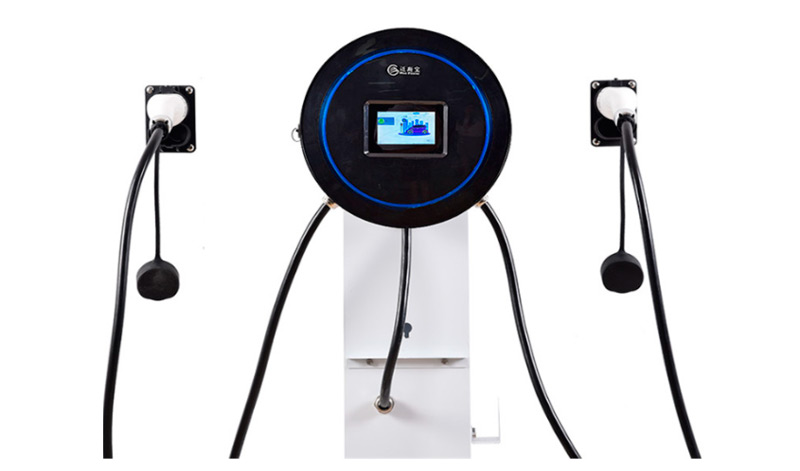
Electric vehicles have become increasingly popular due to their environmental benefits and advancements in technology. As the demand for electric vehicles rises, so does the need for efficient and fast charging methods. One such method is 20kw DC charging, which offers high power charging capabilities. However, there is a debate on whether this charging method is harmful to the car's battery and overall health.
20kw DC charging refers to a charging method that allows electric vehicles to rapidly charge their batteries at a power output of up to 20 kilowatts. Unlike AC charging, which converts alternating current from the power grid to direct current, DC charging directly supplies the vehicle with the required DC power. This results in faster charging times, making it an appealing option for drivers.
While 20kw DC charging offers the convenience of faster charging, there are concerns about its impact on battery health. Rapid charging generates more heat than slower charging methods, which can potentially degrade the battery over time. However, modern electric vehicles are equipped with advanced battery management systems that regulate temperature and optimize charging profiles to minimize the negative impact.
Additionally, most electric vehicle manufacturers design their battery systems to handle fast charging without significant degradation. They employ advanced cooling systems, thermal management, and durable battery chemistry to ensure the battery's longevity even under heavy charging loads.
When evaluating the impact of 20kw DC charging on your car, it is essential to consider various factors:
Battery Chemistry: Different electric vehicles use varying battery chemistries, and some are better suited for fast charging. Lithium-ion batteries, commonly used in electric vehicles, have shown resilience to rapid charging when the vehicle's battery management system is properly designed.
Frequency of DC Charging: Regular high-power DC charging sessions may have a slightly more significant impact on battery health compared to slower AC charging. However, intermittent utilization of 20kw DC charging should not cause significant long-term harm.
Overall Battery Health: The battery's age, capacity, and health status can influence its response to rapid charging. A well-maintained and healthy battery will handle 20kw DC charging better than a degraded or aging battery.
It is important for EV owners to balance the convenience of fast charging with battery longevity. If possible, it is recommended to mix DC charging with slower AC charging to give the battery time to cool down and maintain a healthier overall temperature during the charging process.
Need reliable EV charger suppliers in China? Look no further than Maxpower, a leading DC charging station manufacturer.
While 20kw DC charging can accelerate the charging process for electric vehicles, it is not inherently bad for the car's battery when used responsibly. Manufacturers have taken significant steps to ensure that fast charging does not harm the battery's overall health. As long as the EV owner considers battery factors, such as chemistry and overall health, and uses DC charging in moderation, the benefits of faster charging can be enjoyed without significant negative consequences for the car.